Saudi Real Estate Sector: Sector Analysis
Amid ample demand from an ever young and ambitious population, property in the oil-rich kingdom is booming. But the run for climatised square meters in the desert adds fuels inflation in the biggest Gulf Arab country.
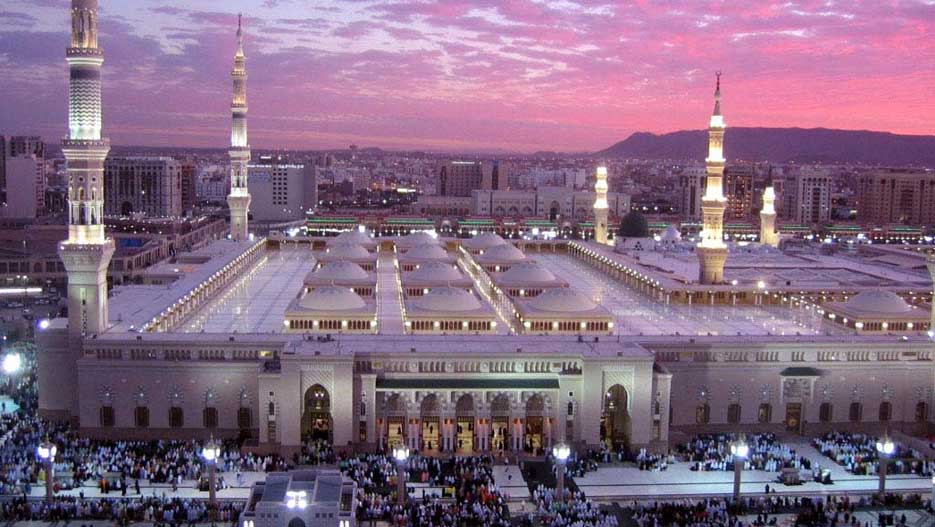
Amid ample demand from an ever young and ambitious population, property in the oil-rich kingdom is booming. But the run for climatised square meters in the desert adds fuels inflation in the biggest Gulf Arab country.
Much is known and written about Dubai’s mega-buildings such as the world’s tallest vertical Burj Khalifa (828 meters) or the man-made island Palm Jumeirah. The scenes when Tom Cruise aka Ethan Hint climbs up the façade of the Burj Khalifa in Mission: Impossible IV – Ghost Protocol already reached cult status among film fans.
But little is known about the booming construction market in neighboring Saudi Arabia albeit the well-known investing billionaire and prince Al-Waleed Bin Talal builds at the Red Sea coast near Jeddah his Kingdom tower which shall at a length pf 1,001 meters top “the Burj” in Dubai.
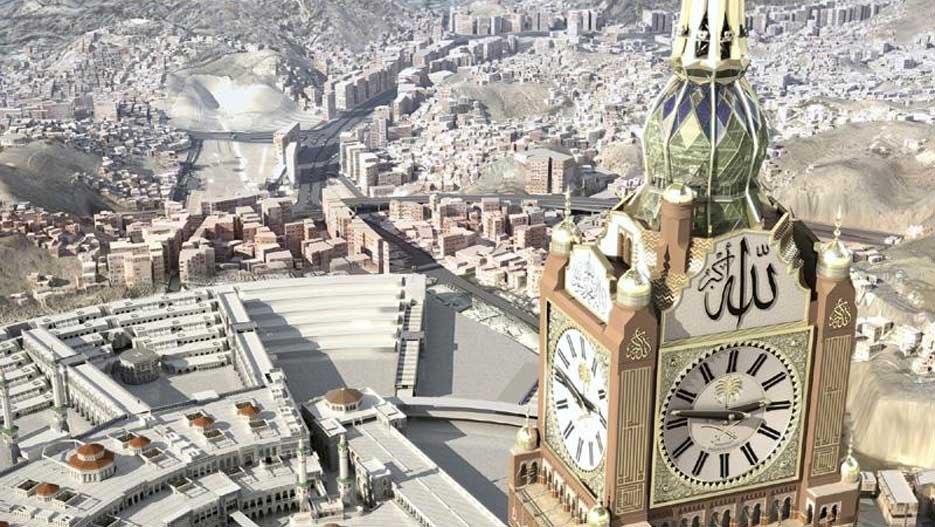
So far, the shale oil and shale gas revolution in the United States has not stopped the income spree for the absolute monarchy whose national law is solely based on the Holy Quran. Thanks to the continuous flow of petrodollars, the IMF says Saudi Arabia’s real GDP will grow by 4.4 percent in 2014. But the Saudi want to be on the safe side once one of its top clients will become independent from Arab oil. In order to diversify the economy and to create jobs for it young, fast growing population.
Men at work
“The real estate sector in Saudi Arabia has been one of the major economic supports for the economy of the country for at least the last two decades and I can predict this for the coming decades as well,” says Dr. Fahad Al-Said, the chief executive at developer Al-Akaria. Like in many industry sectors, domestic demand became a key driver for growth.
“We are a very young country; almost 60 to 70 percent of the population is below the age of 25 and that creates a tremendous pressure on the economy and the infrastructure, be it on education, universities and so on. Housing and real estate is part of that,” he adds.
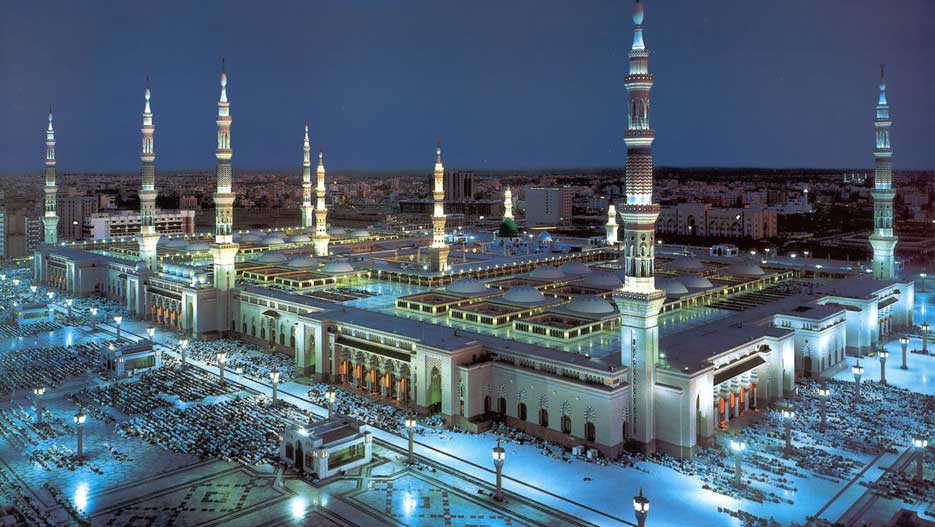
Furthermore, “In Saudi Arabia today there are more than 20 million Saudis and there are almost 13 million expats, so the demand is genuine.” Many European Union countries could only dream of the volumes flowing into construction. “For the last few years, the signed development projects in Saudi Arabia averaged 60 billion US dollars a year; this is just the signed projects not the planned ones. This year almost 60 billion US dollars in projects have been signed, i.e. are under construction. We have a very ambitious plan in Saudi Arabia, in both the private and public sector,” notes Al-Said.
“In Saudi Arabia today there are more than 20 million Saudis and there are almost 13 million expats, so the demand is genuine.”
With a shortage of five million homes amid an ever growing young population, many analysts agree with Al-Said that the real estate boom in Saudi Arabia is more demand-driven and less speculative than in Dubai. This is also, because Saudi Arabia started to explore its gigantic reserves of minerals in the East of the country, triggering ample investments into the mining industry which again requires more factories, homes for workers etc. Saudi bue chip firm Ma’aden (Arabic for metals) whose shares are listed on the stock market Tadawul in Riyadh is at the forefront in exploiting the huge reserves of minerals. Ma’aden has already signed several joint ventures with U. S. aluminum giant Alcoa. Districts and entire new cities are currently built such as King Abdullah Economic City at the Red Sea coast north of Jeddah or King Abdullah Financial District in Riyadh.
With a shortage of five million homes amid an ever growing young population, many analysts agree with Al-Said that the real estate boom in Saudi Arabia is more demand-driven and less speculative than in Dubai.
Nevertheless, foreign demand is present in the private homing sector as well. With King Abdullah being keen on diversifying the economy for the famous ”time after the oil”, foreign banks, construction and mining firms rush into the kingdom.
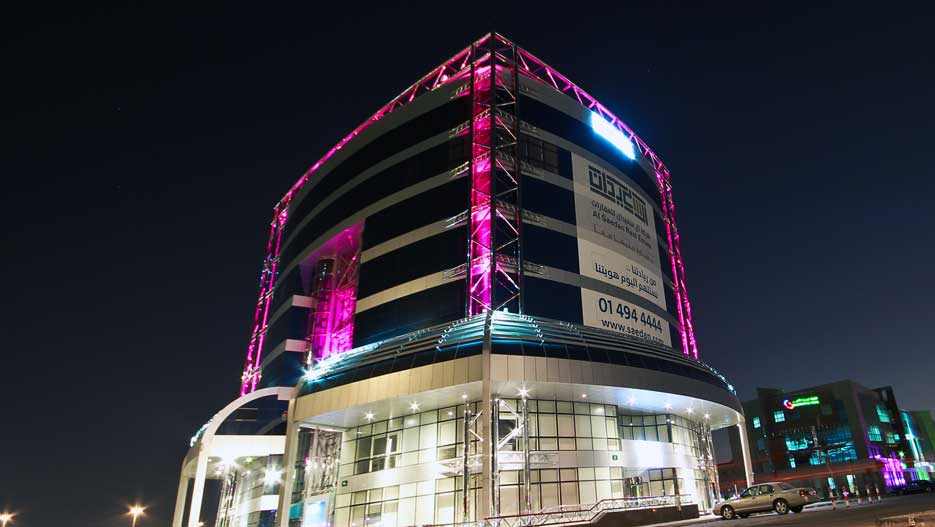
Connected to the world
In recent years, China’s biggest lender ICBC has expanded its presence in Saudi Arabia as more construction firms from China along with thousands of onsite workers rush to the kingdom to complete mega-projects. China Railway Construction Corporation for example built the Mecca Light Rail which became operational in November 2010 and which connects Mecca with Medina and Jeddah. ICBC announced recently announced it snatched a banking license to expand to Kuwait.
However, Saudi developers are not sitting idle in the corner and let other do the work, but also expand abroad. Al Saedan Real Estate is the best example. “Al Saedan is an international real estate company with projects in Saudi Arabia, Tunisia and the United Kingdom,” said Dr. Bader Ibn Saedan in an exclusive interview with Marcopolis.net.
More open than you think
What is also driving demand is the fact that citizens of the Gulf Co-operation Countries (GCC) are allowed to buy and sell property in the kingdom. Besides Saudi-Arabia the GCC which was created in 1981 as an economic, political and defense union include Kuwait, Bahrain, Qatar, United Arab Emirates and Oman.
“All GCC citizens can buy land in Saudi Arabia with certain restrictions, except in the holy cities of Mecca and Medina,” says Saedan. In the 1980s, the boom in Saudi Arabia was also a result of the civil war in Lebanon and the war between Iraq and Iran. Both conflicts culminated during that decade, pushing up oil prices and shifting capital to safe havens, with Saudi Arabia being one of them.
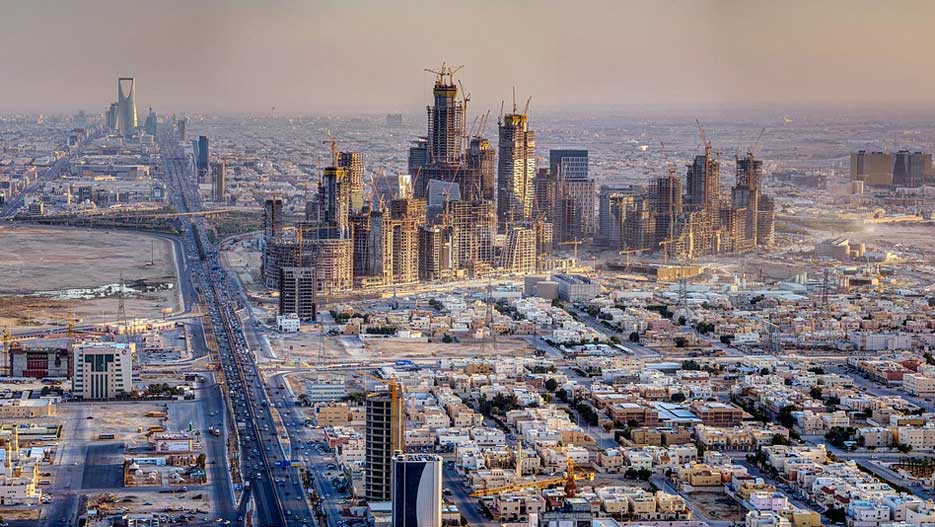
Infobox
The King Abdullah Financial District (KAFD) is a new development under construction near King Fahad Road in the Asahafa area of Riyadh, Saudi Arabia. The project consists of 59 towers in an area of 1.6 million square metres, monorail and many amenities.
It will provide more than 3 million square metres of space for various uses, 62,000 parking spaces and accommodation for 12,000 residents. In 2011 it was the largest project in the world seeking green building accreditation. The project is estimated to cost 29 billion Saudi riyals ($7.8 billion).
But not everybody is happy about free capital movement within the GCC, private home investors in particular. The mix of high domestic demand and the rising attractiveness of KSA (Kingdom of Saudi Arabia) as a business hub inflates prices, transforming the dream of owning a home into a “mission impossible”.
Says Mohammad Al-Saja, the chairman of Mizat Development Company: “In the real estate market in Saudi in the last three to four years, the prices doubled or tripled. As you know, the population growth in the country is becoming very high.”
“In the real estate market in Saudi in the last three to four years, the prices doubled or tripled. As you know, the population growth in the country is becoming very high.”
But Al-Saja see light in the tunnel. “There was too much speculation, although not this year. Many real estate properties are over-valued. If we look back at last year, I think things are settling,” he adds.
Asked which rate of return investors can expect, Al-Saja eplains that in real estate you have to distinguish if it’s land or a construction project such as housing. “The average annual return, though, is 10%. What I said in the beginning, that some of the land has doubled in the last two or three years, shows a 30% annual return but that will definitely not continue.”
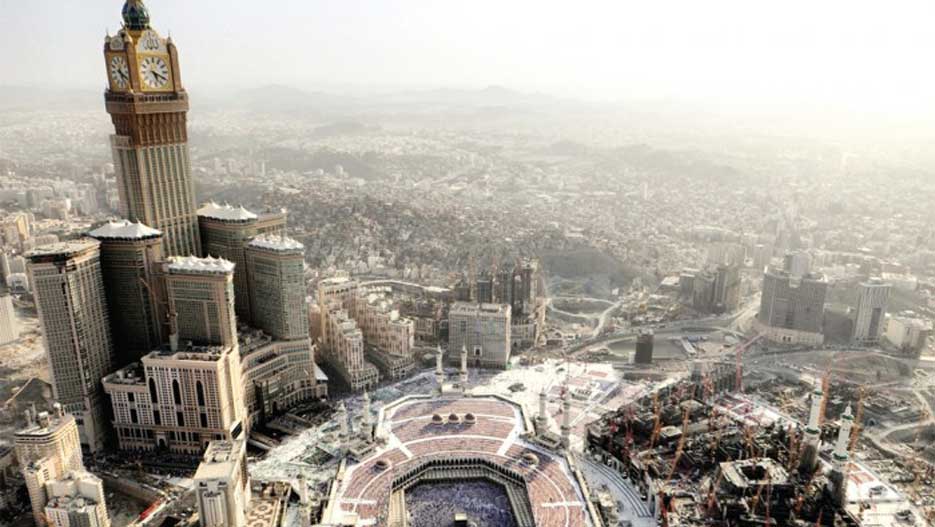
Betting with Tom Cruise
Recent economic data published is encouraging. According to Citigroup Middle East, total consumer lending by Saudi banks grew by over 18 percent in the first nine months of 2013, compared with the same period a year earlier. “Interestingly, this is despite a steady decline in credit card borrowing, with consumers taking out more home loans and other personal loans to fuel consumption,” a Citi report from May 2014 notes.
This leads to Al-Said’s conclusion on Saudi property: “There will be tremendous growth.” First bets are made that Tom Cruise will ask Prince Al-Waleed permission to climb the Kingdom Tower in Mission: Impossible part V or VI.